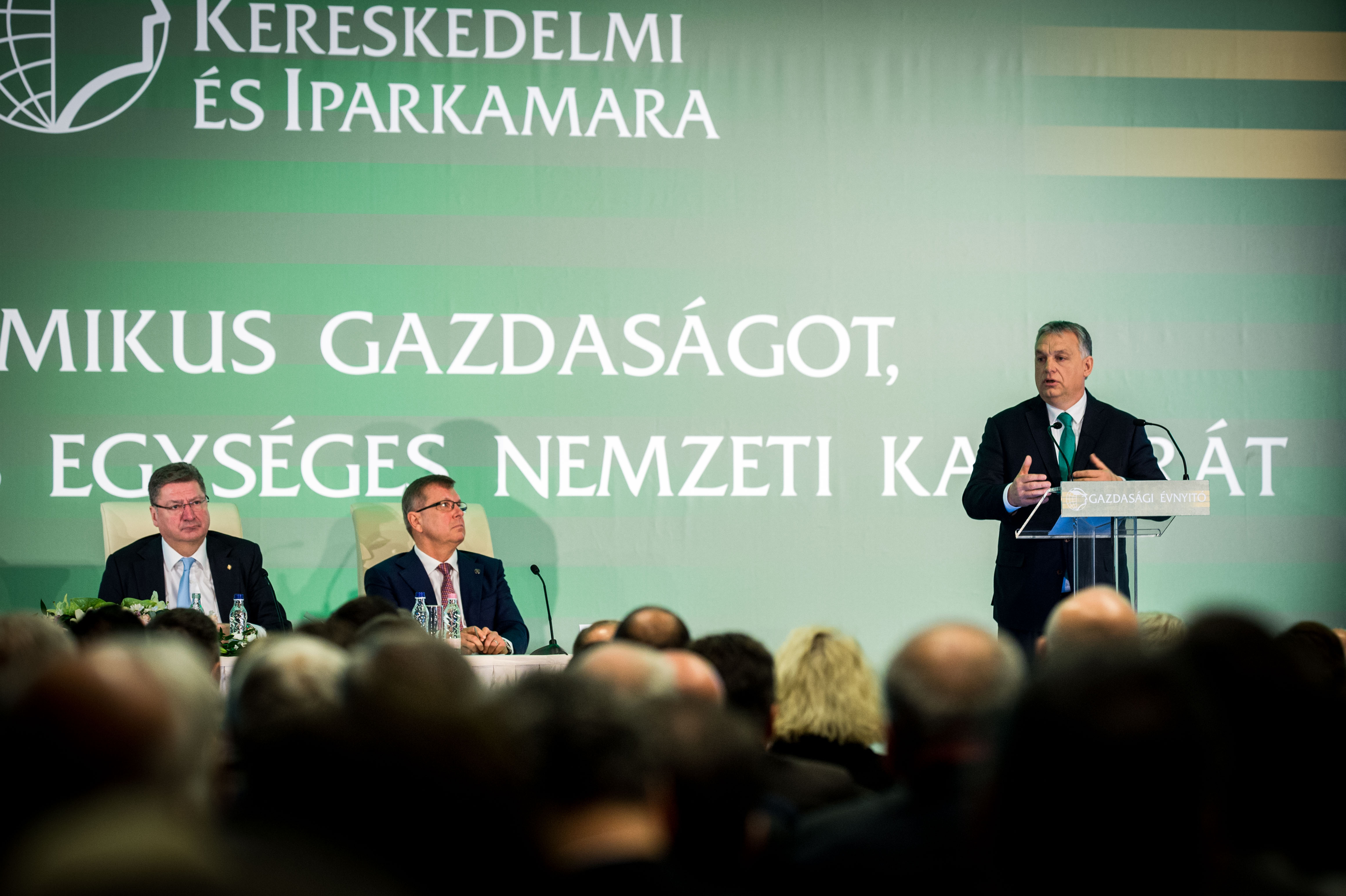
Speaking about the details of the agreement at a joint press conference held in Szekszárd City Hall, the Prime Minister said that a district heating pipeline will be built between the Paks Nuclear Power Plant and Szekszárd, and it is hoped that the HUF 10 billion project will reduce costs for the public and businesses alike.
He informed the press that an agreement was reached, inter alia, on a one-hundred-hectare enlargement of Szekszárd Industrial Park, which, though debated by economic experts, is seen as a good investment for the national economy. The Government will provide HUF 2.5 billion for this purpose.
The Prime Minister announced that, as part of the Modern Cities Programme, Szekszárd will receive HUF 3 billion for renewal work on roads in the wine region and the city itself. An allocation of HUF 2 billion can also fund a new vocational training centre in the city which can provide training in trades in which there is a local shortage of workers.
Mr. Orbán also told the press that the agreement contains three sports developments which can be built in Szekszárd: a recreational hall and swimming complex with a 25- or 50-metre pool, as decided by the municipality; and two competitive sports halls.
He said, however, that they had failed to agree on the relocation of the city’s county library and archives, as the concepts are not yet detailed enough. The Government will propose the formation of a joint task force with Szekszárd to explore the matter, he remarked.
“We have entered into partnership for a number of important causes; the country has much to thank the people of Szekszárd for”, Mr. Orbán said, adding that it is the Government’s duty to reciprocate this. He said that during the term in office of his Civic-Christian Democrat and national government, the state has taken over debt from the City of Szekszárd worth HUF 5.9 billion, and during the period between 2010 and 2014, development funds worth HUF 27 billion were allocated to the city. He stressed that the nationwide relief of local government debt has involved the reorganisation of Hungarian education and health care. “If an operator goes bankrupt, so will the school and hospital operated by it”, he underlined.
Regarding the funding of the Modern Cities Programme, the Prime Minister said that the funds are partially available. “Judging by the country’s economic performance over the past two to three years and the European future which is unfolding before our eyes, I believe that the budget will be able to generate the necessary funds”, he stated.
In answer to a journalist’s question, Mr. Orbán said that unemployment in Szekszárd currently stands at 4.5%, and there are settlements in the country – Tatabánya, for instance – where the unemployment rate is below 4%. “Hungary is gradually moving away from the sphere of countries cursed by unemployment into a world where the challenge is a shortage of appropriate labour”, the Prime Minister said.
Mr. Ács described the agreement as one which will determine the city’s life for many decades to come. “We have received funding for a programme with which we shall be able to build a modern city which is also attractive for young people and offers a stable livelihood”, he said.

